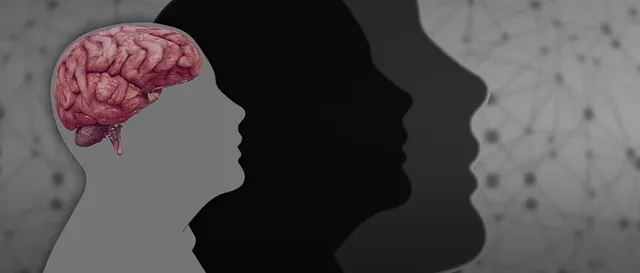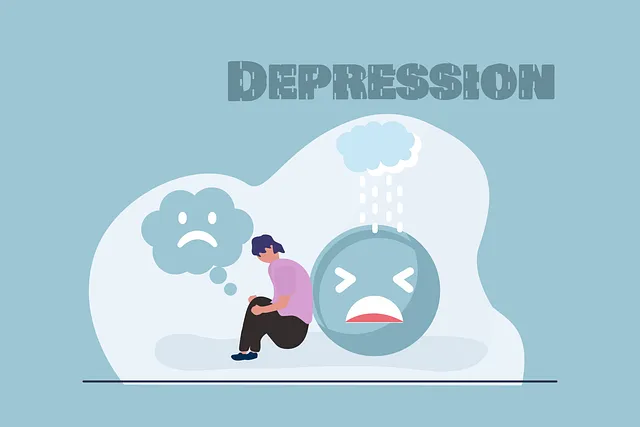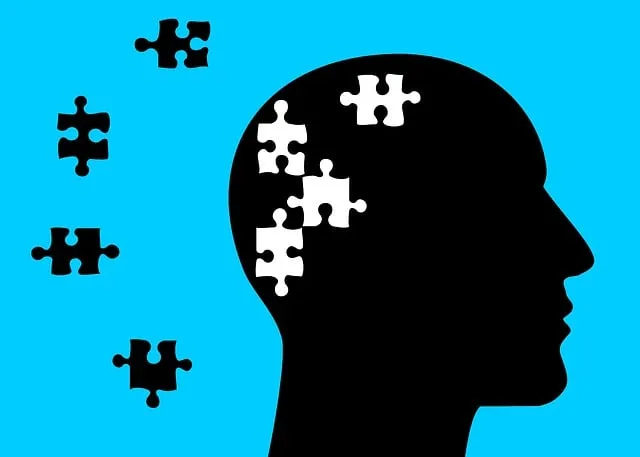In today's diverse healthcare landscape, cultural competency is essential for equitable access and improved patient outcomes, particularly in mental health services. Organizations like Wheat Ridge Kaiser Permanente (WRKP) in Norcal have pioneered programs to address this, offering specialized mental health support tailored to cultural needs via their phone line and comprehensive workshops focusing on inclusivity. These initiatives enhance patient satisfaction, clinical outcomes, and community well-being, reflecting WRKP's commitment to excellence in mental health care for diverse populations.
“In today’s diverse healthcare landscape, cultural competency among providers is no longer an option but a necessity. This article explores the transformative power of cultural competency training in healthcare, particularly focusing on its impact on patient outcomes. We delve into best practices for designing effective programs, highlighting insights from Wheat Ridge Kaiser Permanente’s Norcal Region, renowned for its successful mental health initiatives. Learn how these strategies can enhance care delivery and improve patient satisfaction, drawing from real-world examples.”
- Understanding Cultural Competency in Healthcare: A Necessity in Modern Practice
- The Impact of Cultural Competency Training on Patient Outcomes
- Designing Effective Training Programs: Best Practices for Mental Health Professionals
- Case Studies: Success Stories from Wheat Ridge Kaiser Permanente's Norcal Region
Understanding Cultural Competency in Healthcare: A Necessity in Modern Practice

In today’s diverse healthcare landscape, cultural competency is no longer an optional consideration but a necessity. Cultural competency refers to the ability to understand, appreciate, and effectively interact with individuals from different backgrounds, including their unique values, beliefs, and communication styles related to health and wellness. This is especially crucial in mental health services, as demonstrated by the popularity of resources like the Wheat Ridge Kaiser Permanente mental health phone number and Norcal’s Mental Wellness Podcast Series Production. Given the complex social and cultural factors that influence mental wellness, healthcare providers must cultivate compassion and emotional intelligence (a key component of Compassion Cultivation Practices) to create safe, inclusive spaces for all patients. By embracing this competency, we can ensure equitable access to care and ultimately improve outcomes for every individual.
The Impact of Cultural Competency Training on Patient Outcomes

Cultural competency training has a profound impact on patient outcomes, especially within healthcare organizations like Wheat Ridge Kaiser Permanente in Norcal. By equipping mental health professionals with the skills to navigate diverse cultural backgrounds and beliefs, these programs enhance the quality of care provided. When staff are trained to understand and respect different perspectives, it fosters a more inclusive environment, leading to improved patient engagement and satisfaction. This is particularly relevant for communities that have historically faced barriers to accessing mental healthcare services.
The benefits extend beyond individual interactions; comprehensive cultural competency training contributes to better risk assessment practices. Mental health professionals can identify and mitigate cultural risks, ensuring the safety and well-being of patients. Moreover, these initiatives often include community outreach program implementations, fostering stronger connections between healthcare providers and diverse populations. This holistic approach not only enhances patient outcomes but also promotes self-care routine development for better mental health within these communities.
Designing Effective Training Programs: Best Practices for Mental Health Professionals

Effective training programs for mental health professionals are essential components of delivering quality care. At Wheat Ridge Kaiser Permanente, located in Norcal (Northern California), we emphasize a holistic approach to education that goes beyond traditional methods. Our Mental Health Education Programs Design incorporates interactive workshops, case studies, and peer-to-peer discussions to foster cultural competency.
By integrating practices like Mindfulness Meditation and Mood Management techniques, our training equips professionals with tools to navigate diverse patient backgrounds. This comprehensive strategy ensures mental health providers are well-prepared to offer culturally sensitive support, enhancing patient outcomes and fostering inclusive healthcare environments.
Case Studies: Success Stories from Wheat Ridge Kaiser Permanente's Norcal Region

Wheat Ridge Kaiser Permanente’s Norcal Region has been a pioneer in cultural competency training within healthcare, showcasing remarkable success stories that can serve as inspiration for other facilities. One notable example involves their approach to addressing mental health concerns among diverse patient populations. Recognizing the unique challenges faced by individuals from various cultural backgrounds, they implemented specialized phone lines offering mental health support tailored to specific cultural needs. This initiative has proven invaluable, with patients expressing improved access and comfort in seeking assistance for issues such as stress management and self-care routine development for better mental health.
Furthermore, Norcal has organized comprehensive workshops focusing on stress management techniques and self-esteem improvement, fostering an inclusive environment that respects diverse traditions and perspectives. These efforts have led to enhanced patient satisfaction rates, improved clinical outcomes, and a stronger sense of community within the healthcare setting. By prioritizing cultural competency training, Wheat Ridge Kaiser Permanente’s Norcal Region has not only better equipped its staff to provide exceptional care but also transformed lives through holistic support initiatives.
Cultural competency training is not just a best practice; it’s an imperative in modern healthcare. As evidenced by Wheat Ridge Kaiser Permanente’s Norcal region success stories, investing in comprehensive programs that educate mental health professionals can significantly improve patient outcomes and foster more inclusive care environments. By adopting best practices outlined in this article, healthcare providers can ensure they’re equipped to navigate diverse cultural landscapes, ultimately enhancing patient satisfaction and community health outcomes. For personalized guidance and support, Wheat Ridge Kaiser Permanente’s mental health phone number offers a valuable resource for those seeking expert advice on cultural competency initiatives.






